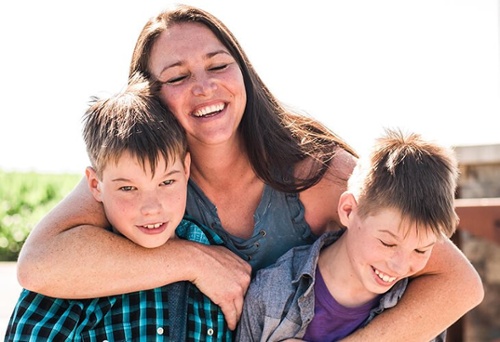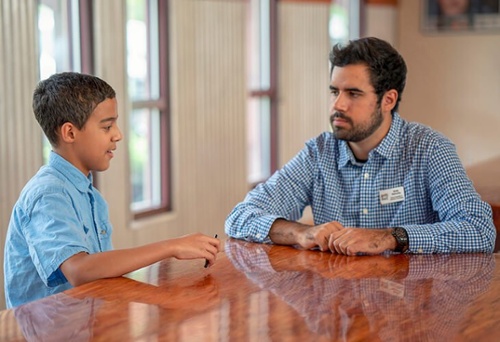How to Deal When Your Child Is Having Problems at School
Maybe your child’s teacher has called you expressing concern over their behavior. Perhaps your child recently brought home a report card with bad grades. When you asked them what’s going on, they responded that they hate school.
No matter the situation, it can be confusing to know how to respond when your child experiences problems at school. As a parent, it’s important to model appropriate behavior while supporting your child. Consider the following tips.
Don't Ignore the Situation
You might feel tempted to let your kid solve their problems at school on their own. Sometimes this strategy works, but many times the situation progressively worsens.
As a parent, you are responsible for keeping your child safe, both physically and emotionally. Problems at school often mean that your child needs your help, even if they resist your efforts.
Consider the Root Issue
Most issues aren’t random, which means your child isn’t displaying poor behavior for no reason. What could be causing problems at school? Are they feeling stressed at home? Have they recently changed schools? Are they having ongoing conflicts with their friends?
First, ask your child what they think might be going on. Don’t assume you know their answer. Even if you think you have good insight into their situation, you might be surprised to learn about a new issue. Truly listen to what your child has to say and remain calm and non-judgmental. If they sense that you will dismiss or reject them, they may lie or become defensive.
Avoid Punishing Twice
If your child gets disciplined for problems by the school, consider a natural consequence for their behavior. These consequences can serve a valuable lesson in teaching kids how rules work.
That said, it may cause more harm than good to punish them again at home. Instead, talk with the school and discuss collaborative solutions for consequences. You want to strike a balance between establishing boundaries both at school and at home without engaging in severe, damaging punishment.
Reward Positive Behavior
Make an effort to praise your child for any desirable behaviors. Honoring and celebrating their successes can motivate them to make positive decisions.
With that in mind, don’t expect perfection. They don't owe that to you, and it’s an impossible standard. Depending on your child’s age, you might instead focus on setting daily, weekly, or monthly goals.
For example, if they go an entire week without receiving disciplinary actions at school, you might celebrate by letting them spend an extra thirty minutes on the computer.
Remember that such rewards don’t need to cost money. They also don’t even need to be tangible. However, they should be something that your child desires, something that will keep them inspired to keep working toward achieving that goal.
Seek Professional Support
Children may struggle with underlying issues that cause them to have trouble in school. If this is the case, it’s important to reach out for support.
Problems at school may evolve into more serious problems as your child grows up. You owe it to them (and to yourself) to get the help they need. Therapy offers kids a safe place to develop insight into their patterns, process their feelings, and learn new skills.
Get Help for Your Child or Teen
Sources
- Using natural and logical consequences. (2012). Umn.Edu. https://extension.umn.edu/encouraging-respectful-behavior/using-natural-and-logical-consequences#:~:text=Natural%20consequences%20are%20the%20inevitable,cold%20without%20wearing%20a%20coat.
- Shonette Stephney. (2015, November 2). The Effects of Rewarding Positive Behavior in Children. Education.Gov.Gy; Ministry of Education, Guyana. https://www.education.gov.gy/web/index.php/parenting-tips/item/1785-the-effects-of-rewarding-positive-behavior-in-children









.jpeg)